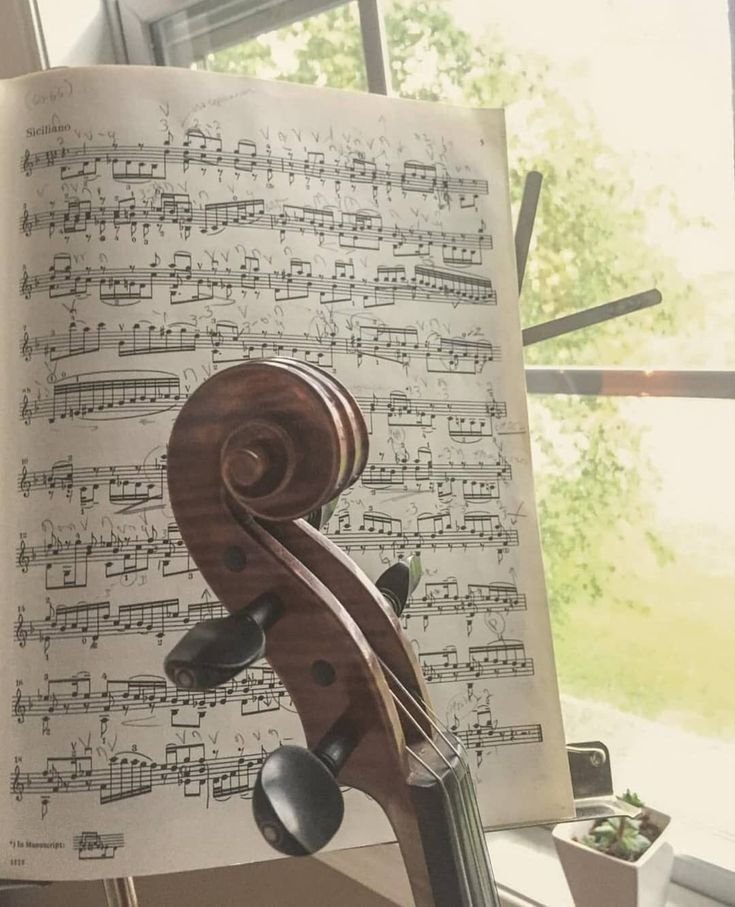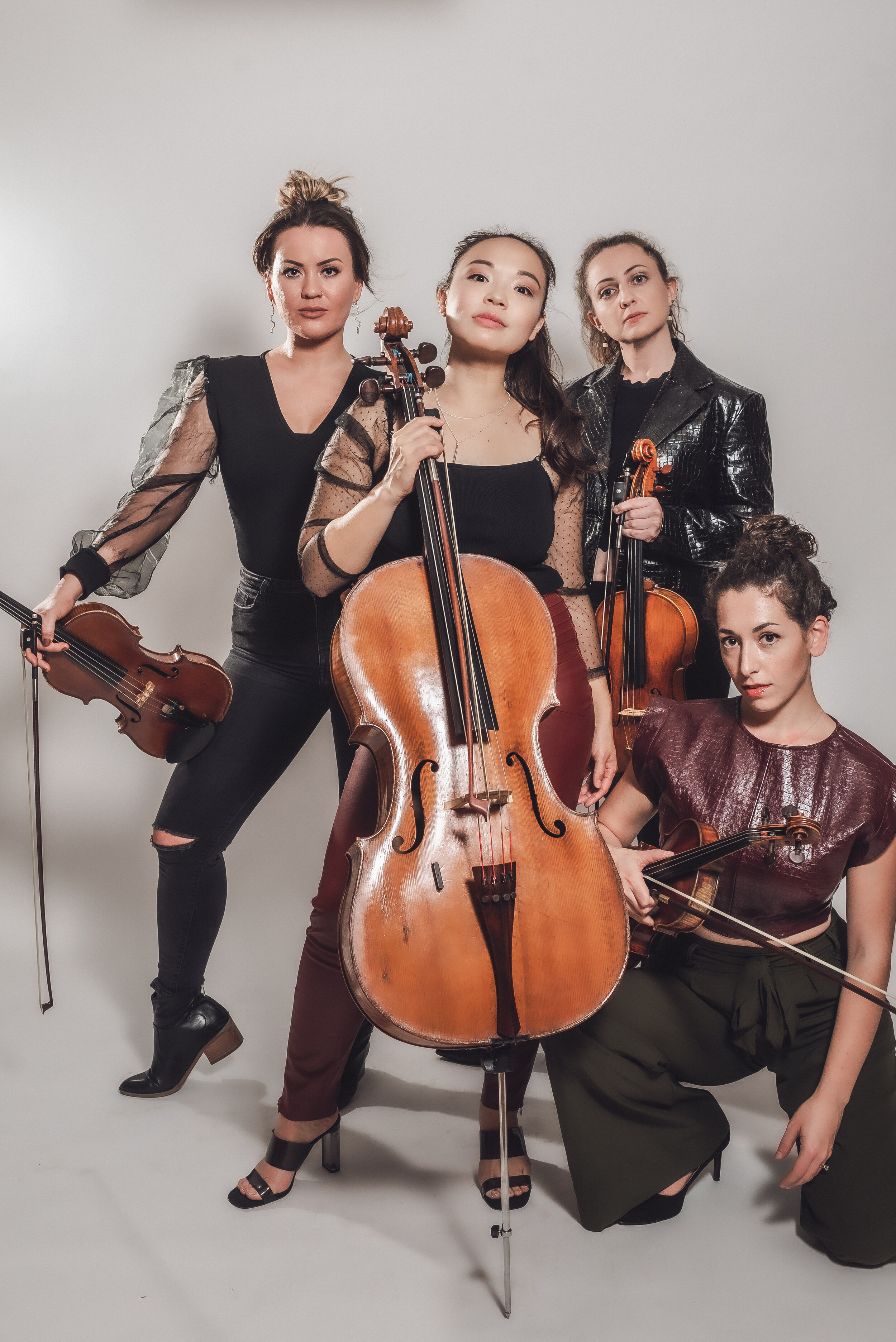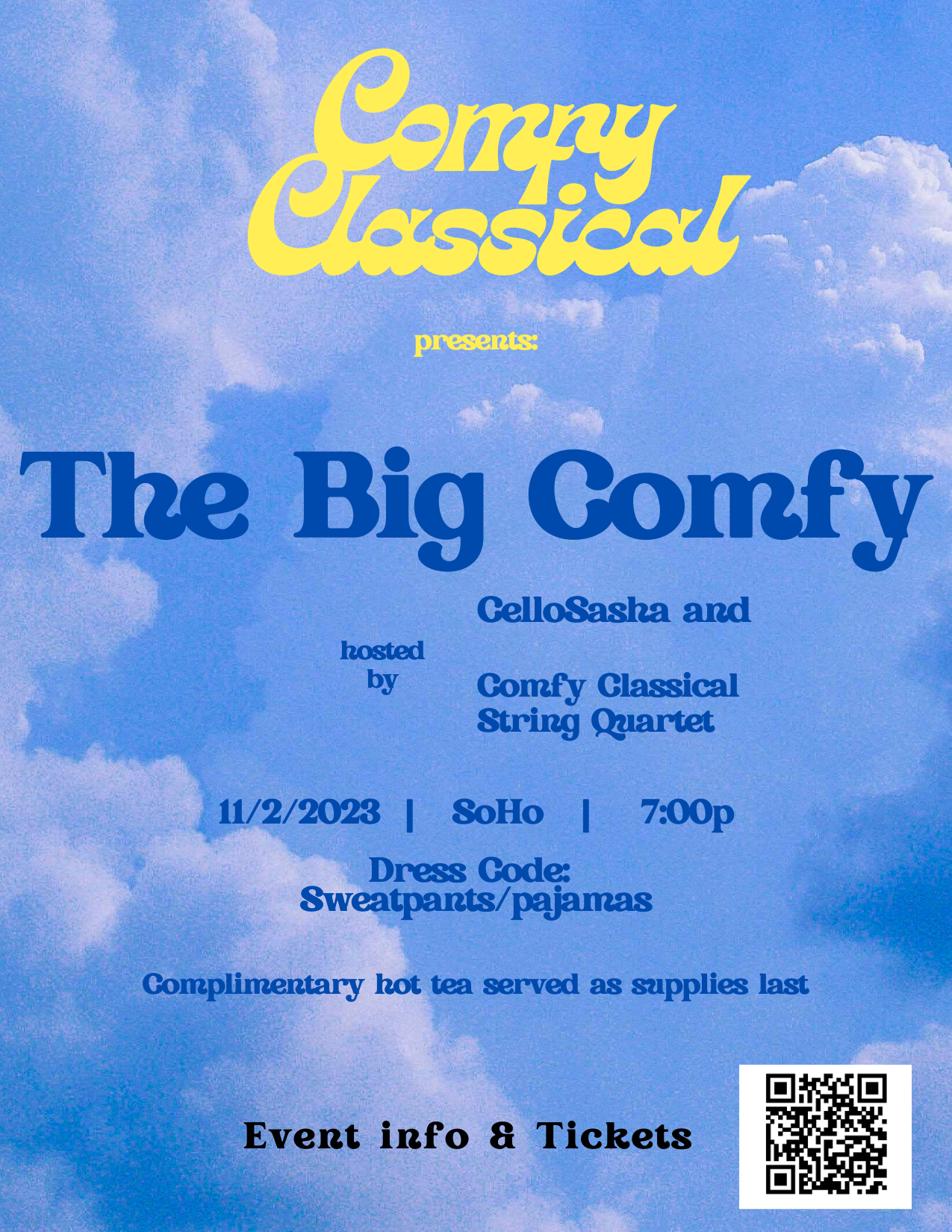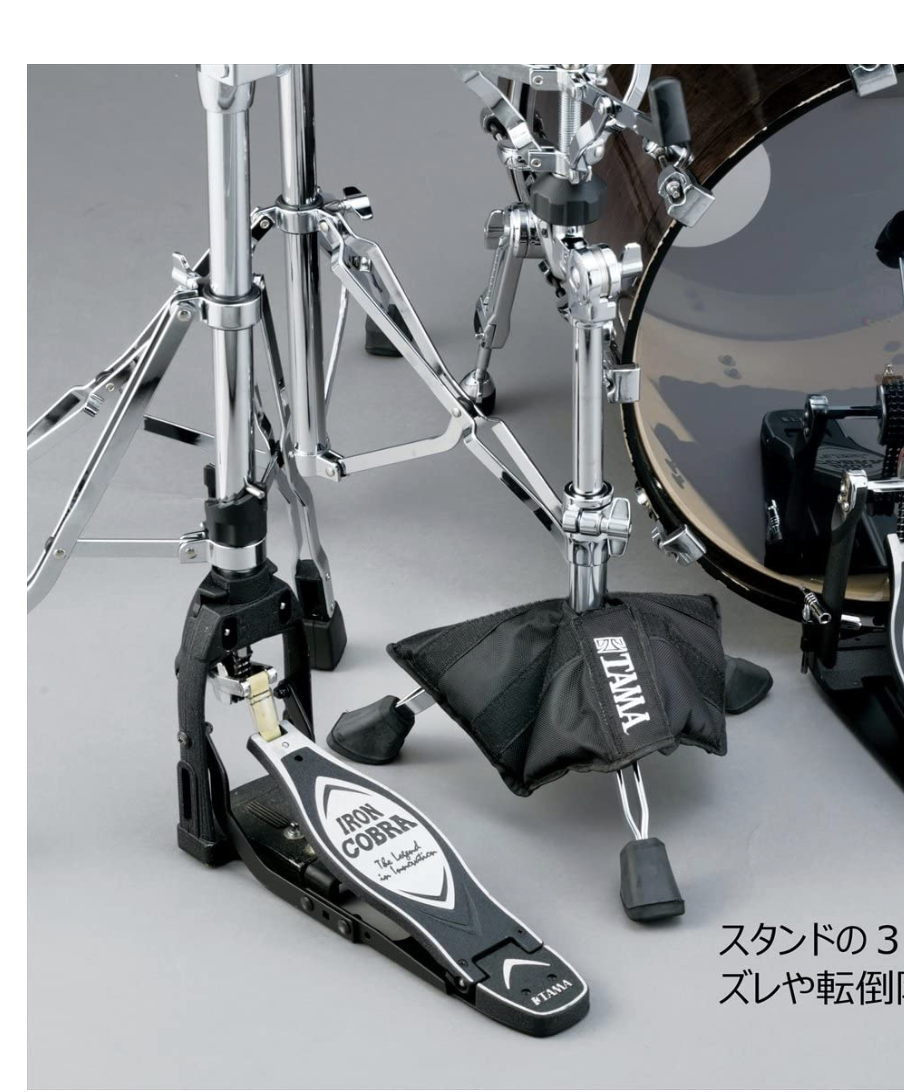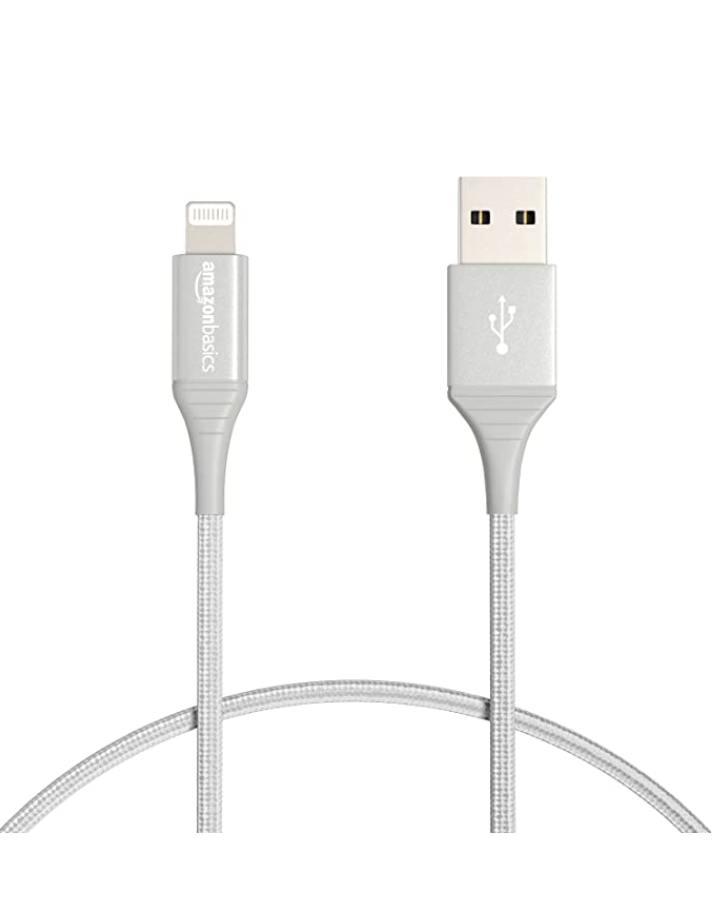Over the last few months, I have been searching for more repertoire by Black composers. Some people have asked (or are scared to ask) why? Why is this important? Why does it matter which composers we play? What’s so bad about programming Beethoven every year? Isn’t Beethoven, Bach, and Brahms’ music enough?
SO MANY REASONS* breathes deeply*
Let’s first get into the subject of supporting LIVING composers. Perhaps you’ve been turned off to music by living composers because you heard some music you really didn’t enjoy - that’s a valid experience, however it is not a reason to reject all music by living composers. Can you imagine if you tried one cheese you didn’t like and suddenly decided you hate all cheese now? Think of all the cheese you’re missing out on!! I’m sure at the time of Bach and Beethoven, there were hundreds of pieces that people hated (even some of their own compositions!), but that doesn’t mean we just said, “Well the music of the 1600s was just SO much better. Let’s stop writing new compositions”.
Living composers often reflect the moods, ideas, and philosophies of present day society. Music can serve as an important tool we need to make emotional connections to human experiences from around the world. Without an emotional tie to experiences and people you do not have a personal connection to, it is extremely difficult to feel compassion for strangers and strange experiences. These connections and opportunities for collective introspection are a vital part of thriving societies and we need to pay composers to continue their work.
That brings us to one reason why it is important to program diverse living composers, and more specifically, Black composers. For hundreds of years, the Black experience in music has been undervalued, rejected, hidden away over and over again. Black composers who reach heights of fame during their lifetime are too often forgotten when they pass. This was the case for many incredible composers I discovered recently and it made me incredibly sad and angry to realize how much beautiful music was hidden away and get a glimpse of how much the classical music industry actively silences Black voices.
Black composers present to the world a wide variety of ideas and perspectives that have been routinely pushed aside so that boards, audiences, and ensembles can feel “comfortable”. In a society that remains so segregated (school systems, orchestras, neighborhoods, churches, synagogues, etc). , music can be a tool that furthers this segregation or provides an opportunity to make deep emotional connections with people you may not see in person.
The discovery and expression of more cultures and more experiences can only lead to further creativity and inspiration in so many aspects of life - not just in the musical realm. Why do we continue to push the same composers over and over again? Because they are familiar? The argument “because their music is great” doesn’t hold water because the music of Black composers is great and it’s not performed regularly by any major orchestra. Is it because Bach’s music holds historical significance? What about the music of Ignatius Sancho, who was the first Black man to vote in a British election? Or Joseph Boulogne who was regarded a war hero in France (along with being a phenomenal violinist, conductor, composer, and fencing master)? The reason these pieces don’t get played isn’t because they aren’t historically significant or they aren’t masterful works of art. It is because white orchestras insist on holding onto their outdated, elitist, and racist structures more than they want to value undeniably great music.
Orchestra administrators sit in big board rooms wondering where their audience has gone and why they fail to fill seats while programming the same 10 composers every year, expecting different results. Perhaps they throw in a few living white composers and applaud themselves for their bravery. Every now and then, someone brave will ask if they can perform a symphony by a living Black composer or bring in a soloist who is a person of color. This usually makes the board members nervous about causing issues that will cost them donors and the idea is quickly rejected. OR if they do bring in one Black composer, conductor, or soloist for the season, they can then sit back and say they have achieved diversity in their programming. Change is feared but change is needed if these organizations want to survive. And if they die out because they refused to accept Black artists and composers, is it really a loss?
So What Now?
I was recently at a meeting where we tried to set goals to program diverse composers (literally the very least you can do for a starting step). The director of an organization said, “Wait… I don’t think I can commit to that. I bring in ensembles and pay them to be here, but sometimes they don’t have diverse composers in their repertoire”. And I should mention, in classical music diverse composer means ANYONE who isn’t male and white….. that means ANY woman, ANY Asian person, ANY Latinx person…. Isn’t that problematic?
If you are someone who controls the $$ you need to lead the way and say, “You are required to play ONE piece by a “diverse” composer, or I will not pay you.” That is how change starts and is just about the very least you can do the rectify not having demanded this from the very beginning. Without that hardline, the very long overdue change will never come.
Here are some steps performers and organizations can take
Take metrics on how you are implementing hiring and performing music by Black composers, women, and People of Color. MAKE THESE PUBLIC.
Diversify your board’s race and gender make up
Do a deep internal dive into the racist beliefs your organizations leaders and members hold.
Implement regular trainings and set strict policies against racist behaviors.
Make clear statements within your organization and to your community about your stance on race and racism.
Educate yourself and others about music by Black composers. Take the time to learn as much about the composers you were never introduced to in your music education as the ones you did learn about.
Spend an appropriate amount of time rehearsing and preparing music by Black composers - value the creative work they put into it by preparing high quality performance
Spend money to record music by Black composers so it’s longevity and ability to be distributed is prolonged
Make longterm DEI (diversity, equity, and inclusion) plans ( minimum 5 years) that you must be held accountable to.
Recruit, hire, and RETAIN Black employees in all areas of your organization (stage hands, marketing, education directors, administrative assistance, CFOs, CEOs, etc.)
Take the time to research and learn about race and racism in your country and in this industry.
“Purists” (which is often a guise for racists) in music say they are only valuing Bach, Beethoven, and Brahms because they wrote the best music. But who decided their music was the best? Beethoven himself lauded the accomplishments and works of Joseph Boulogne and we don’t perform his music regularly. And how can you possibly decide music is not great if you have never heard it? Who decided Bach was the best composer of his time? We revere him as a God in classical music but have you stopped to consider that there were other composers (women and people of color) who were just as great or even greater than he was? That being considered, those who claim they only value that music because of its “quality”, often have racist and sexist biases they are either unaware of or refuse to challenge.
All of us have biases we need to face - it’s hard to say, “I was wrong”, “That was a racist statement I made” ,“The decisions I made have helped oppress Black communities” but we have to make those statements and ask question to ourselves and the organizations that hold so much power over what we play.
